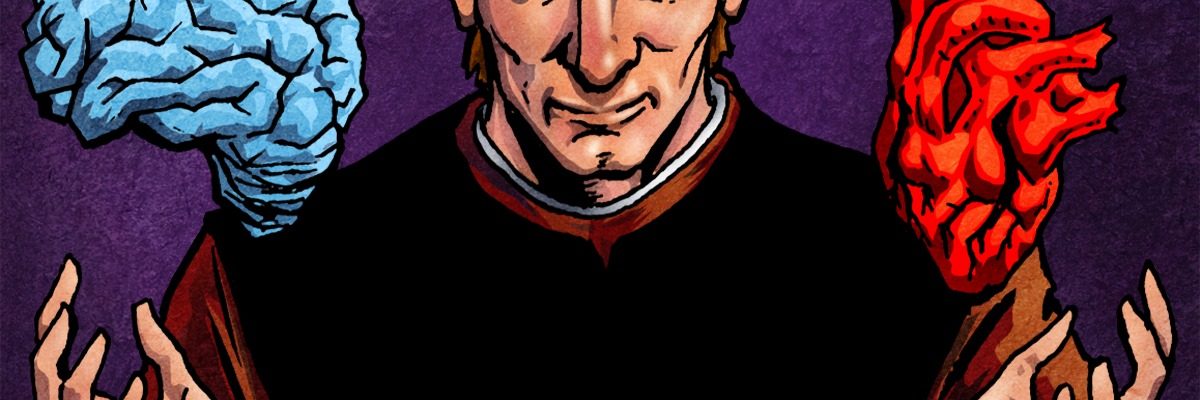There are few political thinkers with as evil a reputation as the Florentine writer Niccolo Machiavelli. Machiavelli’s philosophy was believed to be so cutthroat and cynically ruthless that some thought it was demonically inspired. There is even a historical myth that Niccolo Machiavelli’s first name inspired the English to call the devil “Old Nick”. Despite the fact that the story probably isn’t true, Machiavelli’s Satanic reputation has persisted. However, we need to ask if Machiavelli’s reputation deserved. Have people been misunderstanding his writing for centuries? Tune in and find out how Beelzebub, Leonardo Da Vinci, and the Pope’s Banker all play a role in the story.

Works Cited
Benner, Erica. Be like the Fox: Machiavelli’s Lifelong Quest for Freedom. Penguin Books, 2018.
Cook, William R. The Great Courses: Machiavelli in Context. Narrated by William R. Cook, Audible, 2013. Audiobook.
Dietz, Mary G. “Trapping the Prince: Machiavelli and the Politics of Deception.” American Political Science Review, vol. 80, no. 3, 1986, pp. 777–799., doi:10.2307/1960538.
Langton, John, and Mary G. Dietz. “Machiavelli’s Paradox: Trapping or Teaching the Prince.” American Political Science Review, vol. 81, no. 4, 1987, pp. 1277–1288., doi:10.2307/1962589.
Machiavelli Niccolò, et al. Discourses on Livy. Oxford University Press, 1997.
Machiavelli Niccolò. The Prince. Penguin, 2004.
Mcshea, Robert J. “Leo Strauss on Machiavelli.” The Western Political Quarterly, vol. 16, no. 4, 1963, p. 782., doi:10.2307/445843.
Viroli, Maurizio. Niccolò’s Smile: a Biography of Machiavelli. Hill and Wang, 2002.Viroli, Maurizio. Redeeming “The Prince”: the Meaning of Machiavelli’s Masterpiece. Princeton University Press, 2015.

